Bahá’u’lláh’s Love
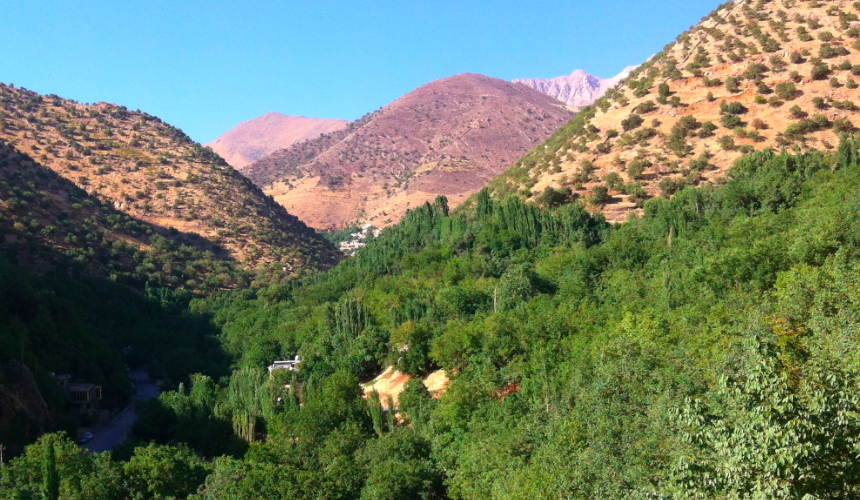 Rarely does the historical record show us the fullness of Bahá’u’lláh’s human experience. An exception is a moment of love between Bahá’u’lláh and his son, captured in the recollections of Bahiyyih Khanum (Bahá’u’lláh’s daughter). More of that story below.
Rarely does the historical record show us the fullness of Bahá’u’lláh’s human experience. An exception is a moment of love between Bahá’u’lláh and his son, captured in the recollections of Bahiyyih Khanum (Bahá’u’lláh’s daughter). More of that story below.
Love is a recurrent theme in Bahá’u’lláh’s writings. Love of the divine, of creation, of humanity.
An example is the story of the two lovers Majnun and Layli. The story is an ancient one retold many times, often used to convey love of the divine. In Bahá’u’lláh’s telling Majnun is seeking Layli.
It is related that one day they came upon Majnún sifting the dust, and his tears flowing down. They said, “What doest thou?” He said, “I seek for Laylí.” They cried, “Alas for thee! Laylí is of pure spirit, and thou seekest her in the dust!” He said, “I seek her everywhere; haply somewhere I shall find her.”[1]
Love between the soul and the divine is a theme of a number of Bahá’u’lláh’s Hidden Words.
O SON OF BEING!
Love Me, that I may love thee. If thou lovest Me not, My love can in no wise reach thee. Know this, O servant.[2]
Our existence itself is an expression of God’s love. “I loved thy creation, hence I created thee.”[3] God’s love is written within us and in the clay of which we are made. God’s love is our stronghold and our heavenly home. Love is the reason for which we walk in God’s way.[4]
Love is one of the valleys the soul traverses in its journey towards God.[5]
Bahá’u’lláh’s prayers are frequently loving devotions to God.
O Thou Whose face is the object of my adoration, Whose beauty is my sanctuary, Whose court is my goal, Whose remembrance is my wish, Whose affection is my solace, Whose love is my begetter, Whose praise is my companion, Whose nearness is my hope, Whose presence is my greatest longing and supreme aspiration! Disappoint me not, I entreat Thee …[6]
Bahá’u’lláh calls us to show love for each other.
O ye beloved of the Lord! Commit not that which defileth the limpid stream of love or destroyeth the sweet fragrance of friendship. By the righteousness of the Lord! Ye were created to show love one to another and not perversity and rancor. Take pride not in love for yourselves but in love for your fellow-creatures. Glory not in love for your country, but in love for all mankind.[7]
Under all conditions, whether in adversity or at ease, whether honored or afflicted, this Wronged One hath directed all men to show forth love, affection, compassion and harmony.[8]
The purpose of religion itself is love:
The religion of God is for love and unity; make it not the cause of enmity or dissension.[9]
Bahá’u’lláh loved nature:
By Thy glory! Every time I lift up mine eyes unto Thy heaven, I call to mind Thy highness and Thy loftiness, and Thine incomparable glory and greatness; and every time I turn my gaze to Thine earth, I am made to recognize the evidences of Thy power and the tokens of Thy bounty. And when I behold the sea, I find that it speaketh to me of Thy majesty, and of the potency of Thy might, and of Thy sovereignty and Thy grandeur. And at whatever time I contemplate the mountains, I am led to discover the ensigns of Thy victory and the standards of Thine omnipotence.
… I am so inflamed by my love for Thee, and so inebriated with the wine of Thy oneness, that I can hear from the whisper of the winds the sound of Thy glorification and praise, and can recognize in the murmur of the waters the voice that proclaimeth Thy virtues and Thine attributes, and can apprehend from the rustling of the leaves the mysteries that have been irrevocably ordained by Thee in Thy realm.[10]
There is much more on love in Bahá’u’lláh’s writings, but I close with the story recounted by Bahiyyih Khanum of Bahá’u’lláh’s and ‘Abdu’l-Bahá’s love for each other. ‘Abdu’l-Bahá is a young teenager at the time. For two years Bahá’u’lláh has been alone in the wilderness of the mountains of Kurdistan in order, as he states, “to avoid becoming a subject of discord among the faithful, a source of disturbance unto Our companions, the means of injury to any soul, or the cause of sorrow to any heart.”[11]
I have stated that my brother [‘Abdu’l-Bahá] was deeply attached to his father; this attachment seemed to strengthen with his growth. After our father’s departure he fell into great despondency. He would go away by himself, and, when sought for, be found weeping, often falling into such paroxysms of grief that no one could console him….
…
Time passed; we heard nothing, and fell into deepest dejection and despair. Finally … a message was one day received [that Bahá’u’lláh would return the next day]. The other members of the family could not credit the truth of this news, but it seemed to electrify my brother. He minutely questioned the messenger, and became much excited. He quite believed that his father would return, but no one else did.
During the night following the next day, however, my father walked into the house. We hardly knew him; his beard and hair were long and matted – he really was a dervish in appearance. The meeting between my brother and his father was the most touching and pathetic sight I have ever seen. Abbas Effendi threw himself on the floor before him and kissed and embraced his feet, weeping and crying, “Why did you leave us, why did you leave us?” while the great uncouth dervish wept over his boy. The scene carried a weight not to be expressed in words.[Recounted in Myron H. Phelps, The Master in ‘Akka, pp 25 and 29]
This article is the 4th in a series of what I hope will become 200 articles in 200 days for the 200th anniversary of the birth of Bahá’u’lláh. The anniversary is being marked around the world on 21 and 22 October 2017. The articles are simply my personal reflections on Bahá’u’lláh’s life and work, and any inadequacies in them are solely my responsibility.
Image Credit: Sulaymaniyah, Kurdistan, Iraq, near Tawela Village. Diyar Muhammad. Creative Commons Wikimedia
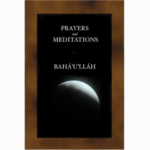
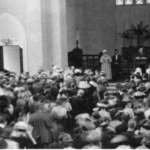

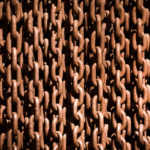
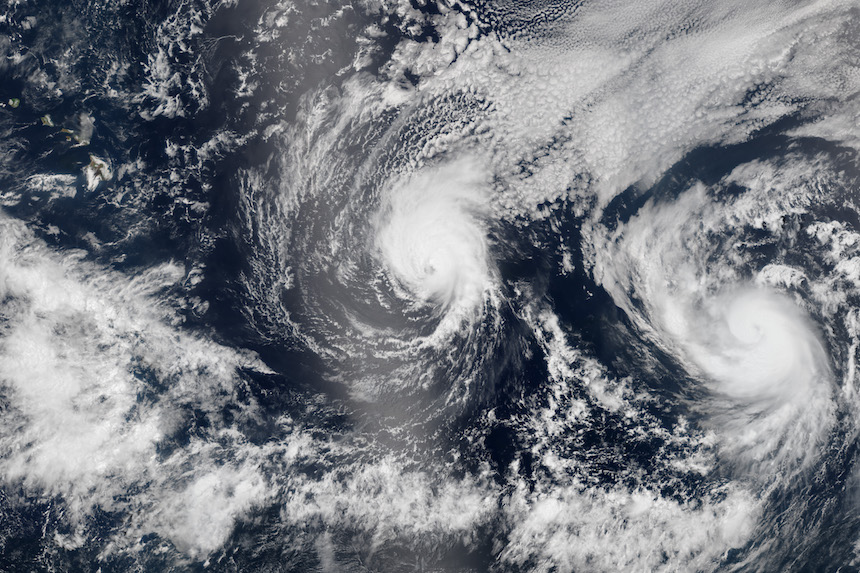
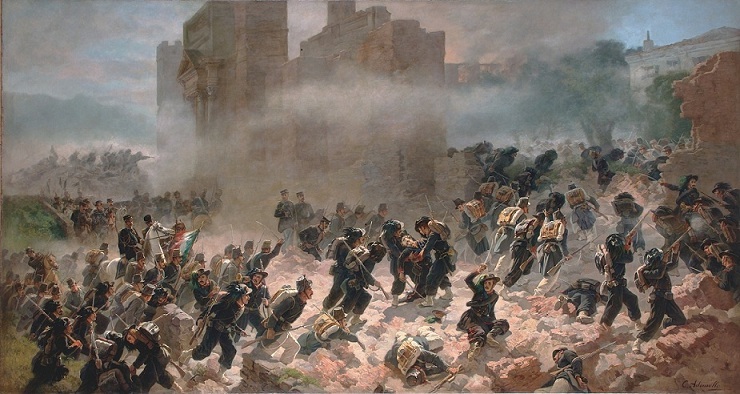

3 Comments
Dale Hooge
Love to see Bahaullah love for us
Michael Curtotti
Thanks Taeed
Taeed
Great story at the end